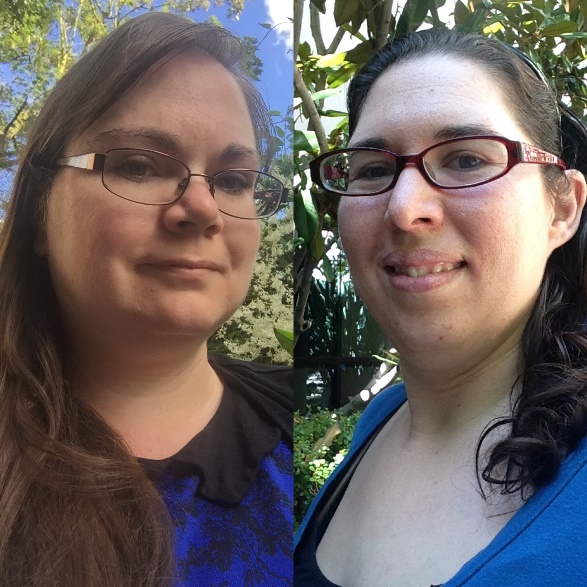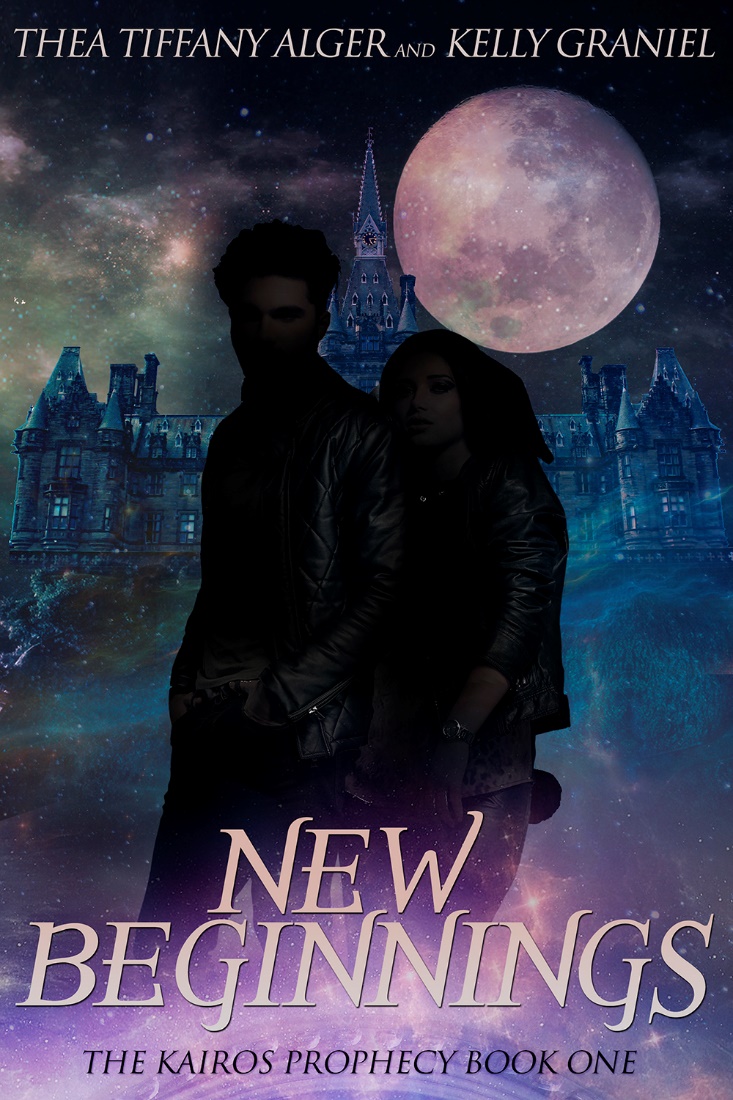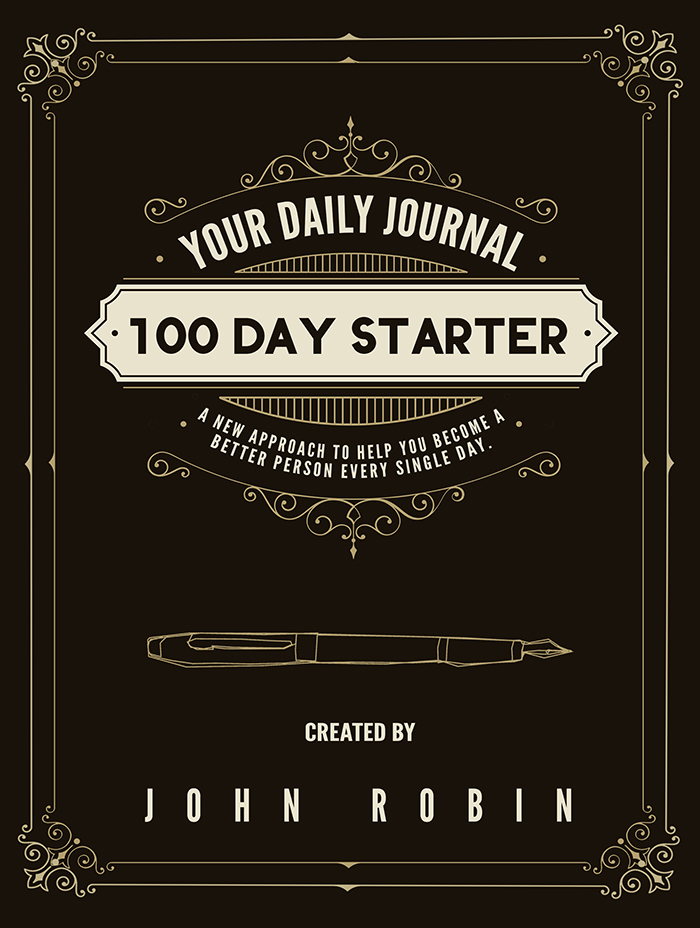Welcome to another great installment of World Builders! Today I’m thrilled to welcome Thea Tiffany Alger and Kelly Graniel, authors of The Kairos Prophecy: New Beginnings. Their book is part of a larger series, one with a beginning rooted in World Building, and I was eager to find out more about their process.
 The Kairos Prophecy is the brainchild of two (well, three) friends who created an entire universe to live in to escape the reality of middle school in the early 90’s. Years after graduating high school, Thea Tiffany and Kelly revisited their universe and started creating a plot with characters that evolved from their childhood creations and eventually came up with something that was pretty epic, in their opinion. However, without knowing the backstories, it didn’t make much sense to outsider readers, so they had to go back to the beginning to write about how these people met and the trials they went through before the ‘epic plot’.
The Kairos Prophecy is the brainchild of two (well, three) friends who created an entire universe to live in to escape the reality of middle school in the early 90’s. Years after graduating high school, Thea Tiffany and Kelly revisited their universe and started creating a plot with characters that evolved from their childhood creations and eventually came up with something that was pretty epic, in their opinion. However, without knowing the backstories, it didn’t make much sense to outsider readers, so they had to go back to the beginning to write about how these people met and the trials they went through before the ‘epic plot’.
Thea Tiffany, the main writer, is a high school science teacher with a Rottweiler-mixed furbaby named Holly who loves to hide behind mommy and growl at other people. She is highly educated with a double major bachelor’s degree and she is finishing up her second master’s degree, though none of them have anything to do with creative writing. However, she has always been creative and imaginative, even as a child, though she lacked the encouragement to pursue it as a career. With some serious soul searching on what she really wants to do with her life and what she loves the most, she decided to take the plunge and write about what she knows best, the Kairos Universe. She loves the Harry Potter series as well as David Eddings’ Belgariad and Mallorean series and Mercedes Lackey’s Valdemar series, which influenced her a lot.
Kelly, the co-author, is a born teacher who enjoys helping everyone around her learn the things that she knows. She enjoys taking a few minutes out of her day to learn new things and to pass that knowledge on to others who are willing to listen. She is married, with two young boys who love their mommy very much. She works at an insurance agency by day and escapes into an alternate reality to write with her best friend in what little free time she has while her kids are sleeping. Otherwise she spends her time playing games with and teaching her children, crafting, and reading. Her favorite authors include David Eddings, James Clemens, Robert Jordan, and Patricia Briggs. She loves getting lost in a good series, learning everything there is to learn about the characters and the worlds that they live in, and is sad when the series eventually reaches its conclusion. Writing seems to be the solution for that. She feels that when the characters are your own, you can dig into every single aspect of their lives and never stop. There is always more to learn.
What is the appeal of world building to you? How does it compare to the importance of character and plot?
As always, it seems to start out with the character first and then deciding where the heck they came from and if they are unique or typical of that world. However, creating a world is quite magical and frustrating. Sometimes it’s like a wild beast that you have to tame and learn its proper name before you can master it, other times it just shows up with doe-like eyes begging you to mold it into whatever you need. It’s a challenge, especially when you want it to be unique and not just like every other planet out there in the universe. Although creating a world is like a backdrop, it’s not the focal point of your story, but without the right ‘look’, it’ll throw off the groove. For me, the ranking is 1. Character, 2. Plot, and 3. World-building.
What aspects of the world do you have to figure out before you start a story? What do you allow to unfold as you write?
Well, definitely a name would help. Also knowing if the character(s) is typical or atypical of the world and what makes them that way, whether it is personality, physical characteristics, or abilities. Pretty much everything stems from the characters themselves. An example is Karasu who has a tattoo on his back of two crows in a tribal design, but then the question is why he has that tattoo. Then I decided that it’s a clan tattoo, signifying his connection to his gods. And from there the idea sprang up that where he is from, everyone is born with a clan tattoo to show who their clan god is and that other tattoos are forbidden. Then came the spiraling of ideas: how the society began, how their gods tie in…. and boom: Faysal was created. I knew how there were clan gods that favored certain groups of people and formed clans with the mark of their gods, but then *major plot spoiler – this is eventually revealed in the book series* they go from having different clans ruling the land together into a society that has one king who oversees all of the humans on Faysal. Then the key word becomes ‘humans’ because there are also non-humans living on Faysal, the Kyree (the ones who were there before humans were created) and demons (who appeared after *spoiler*). There’s so much more that I can write, pages upon pages of information, but it all evolved from Karasu having a tattoo that represented his connection to his gods. This information is not divulged in the first book, but rather as the series progresses, so this is actually a spoiler for knowing a bit of Karasu’s home world before he ended up on Earth.
Another example is Slick who was born with non-human characteristics that really made her stand out and it’s quite obvious that she’s not fully human, but she doesn’t know why she’s different from most of the other people in the world. She was born on Earth and doesn’t know anything about her ancestors or the whole story of Earth’s history and what is out there in the universe. The reader is able to learn small details about the world at the same time that the character does, which makes it easier to build the world in the reader’s mind without overwhelming them with a barrage of information right at the beginning of the story.
Although we strive to have as much information as possible about the world figured out before writing starts, there are invariably a few things that pop up during writing that cause us to change one small piece of information or add some small detail to a character’s backstory or realize that we really just need to take a break from writing in order to figure out who this new god is and how he relates to the others, or whatever else needs to be figured out at the time. The character and world development is never complete.
What do you enjoy the most about world building?
I (Thea Tiffany) love creating and using my imagination. It’s the core basis of who I am. Thinking about far-off places and what they would be like comes natural to me. I grew up immersed in sci-fi/fantasy books because I hated my life. Taking a character, such as Karasu, and trying to figure out where he came from and what kind of life he had on his home planet was really fun as I get to play with the fact that he is human (from his planet) and he has magic, but the challenge is figuring out the hows and whys. I get stuck in my head while on the train or waiting in line and I’m never bored. There is no such thing. It’s easy for me to slip inside that not-so-little space in my mind and just create, putting order to the chaos. As new details about the characters are mentioned or new plot is developed, parts of their world has to reflect that and make sure it meshes with what has already been said before. Also, real world experiences will affect the process as I might watch something on the news and think ‘What would that be like in world “X”? What would they do instead? How would they handle it?’ Or read a book and discover something that I haven’t thought of that might be an important aspect of my world, helping to make it more believable. World building is never static. Even when you think you are finished creating it and having the details down, there will always be more.
Quite often I get side-tracked while researching details that most likely will not show up in the book series or might be chucked out as the story develops in a new and different direction. Then come the overwhelming ideas … which are the down side of being highly creative and wanting to have everything added in. I have to remind myself that I need to do everything in moderation and Kelly helps me stay on track as well. It is nice to have a co-author as we balance each other out. She points out when something I’ve written doesn’t coincide with facts that have already been revealed and reminds me of small bits of conversation and seemingly insignificant revelations so that the characters don’t contradict themselves.
How do you balance realism with magic or other world building elements that allow for departure from the ordinary?
A lot of it has to do with checks and balances. We have created a universe where Gods, magic, demons, angels and many other fantastical beings are real. The biggest problem I have is how to balance all of their power and diversity with realism and the ordinary human beings that they are living among. It is a balance of fantasy and sci-fi. I won’t lie, it was very difficult and there are very thin lines that I need to make sure I don’t cross, but, as I continue to explore the universe I write, I get a better idea of how to make sure the balance is there. On a larger scale, I created a systematic way of classifying planets and solar systems in ways similar to how sci-fi space explorers (such as Star Trek) would classify habitable, non-habitable, primitive, etc. However, I have also had to add in the extra magic/non-magic scale, god-influence levels, awareness of universal travel and other people, and so much more. We created rules that restrict the God’s involvement in people’s lives and limited what they can do on a universal scale.
On a smaller scale, we had to balance the magical and mystical with the mundane. Earth was tricky as there are all these myths that turned out to be real (though possibly exaggerated) historical accounts and yet on current day Earth there are no interactions with mythological beings, or at least none that are known about by the majority of people on Earth. So the balance of it is something we have to constantly be aware of, leaving Earth as mundane as possible while having characters and plot that revolves around the fact that magic and Gods exist and that quite a few Gods are ones that had no interactions with the people of Earth, or at least are not recorded in Earth’s mythology. The mundane of this is that truth about magic has to be hidden from the majority of the people on Earth. Creating a timeline of Earth’s historical accounts that include the time of myths and then the departure of that ‘mythical age’ had to have been created first. Then of course came the ‘secret society’ that protects Earth from being conquered by outsiders while also allowing the people of Earth to evolve on their own before they are finally ready to know what is truly out there.
Finally, having Kelly around helps keep me balanced. She points out the inconsistencies and things that don’t make sense and comes up with ideas that help me make it work.
Thanks, Thea Tiffany and Kelly, for sharing your insights on world building!
 The Kairos Prophecy: New Beginnings is about Slick, a seventeen year-old orphaned girl with abnormal features including rabbit ears and a tail. She knows part of the truth, that there are people on Earth who are descendants of other-worldly beings. She and her best friend, Ace, are approached by an unusual woman who tells them the whole truth and invites them to her special school, Kairos Academy. Once there, Slick meets Randall Delsaryn and his family of Angels along with some new friends who help her fit in and discover more about the universe. From visiting an inter-dimensional Underground Market run by Loki, to the rescue of the descendant of Arthur Pendragon, and meeting High-King Oberon and High-Queen Titania (rulers of the Aos Si Empire), Slick’s adventures with her friends are just the beginning. She also has to deal with being in her senior year in high school with the usual worries of homework, graduation, dances, and boys, along with the added twist of magic, deities, and helping her new friends stop a madman from taking over Earth.
The Kairos Prophecy: New Beginnings is about Slick, a seventeen year-old orphaned girl with abnormal features including rabbit ears and a tail. She knows part of the truth, that there are people on Earth who are descendants of other-worldly beings. She and her best friend, Ace, are approached by an unusual woman who tells them the whole truth and invites them to her special school, Kairos Academy. Once there, Slick meets Randall Delsaryn and his family of Angels along with some new friends who help her fit in and discover more about the universe. From visiting an inter-dimensional Underground Market run by Loki, to the rescue of the descendant of Arthur Pendragon, and meeting High-King Oberon and High-Queen Titania (rulers of the Aos Si Empire), Slick’s adventures with her friends are just the beginning. She also has to deal with being in her senior year in high school with the usual worries of homework, graduation, dances, and boys, along with the added twist of magic, deities, and helping her new friends stop a madman from taking over Earth.
Yet, what Slick doesn’t know is that she plays a greater role. Her destiny is intertwined with that of fourteen other people who are prophesied to save the universe from complete annihilation. This is just the start of their journey to protecting the universe and all of life from an evil being older than the universe itself.
If you enjoyed what you read here and would like to help bring this book to life, please go over to Inkshares cast your vote by pre-ordering a copy.
Inkshares is a crowdfunding publisher who lets readers choose which books get published based on placing pre-orders. If a project succeeds, it goes to publication. Successful projects have been reviewed in the NYT, US Today, and Washington Post, and have been distributed to numerous bookstores including Indigo and Barnes & Noble.
You can also connected with Thea Tiffany and Kelly in the following places:
Website/Blog: https://kairosbook.wordpress.com
Twitter: @KairosBook
Facebook: www.facebook.com/KairosBookSeries
Email: Kairos.Prophecy.Book “at” gmail “dot” com


Pingback: Our first interview!!!!!!! | The Kairos Prophecy